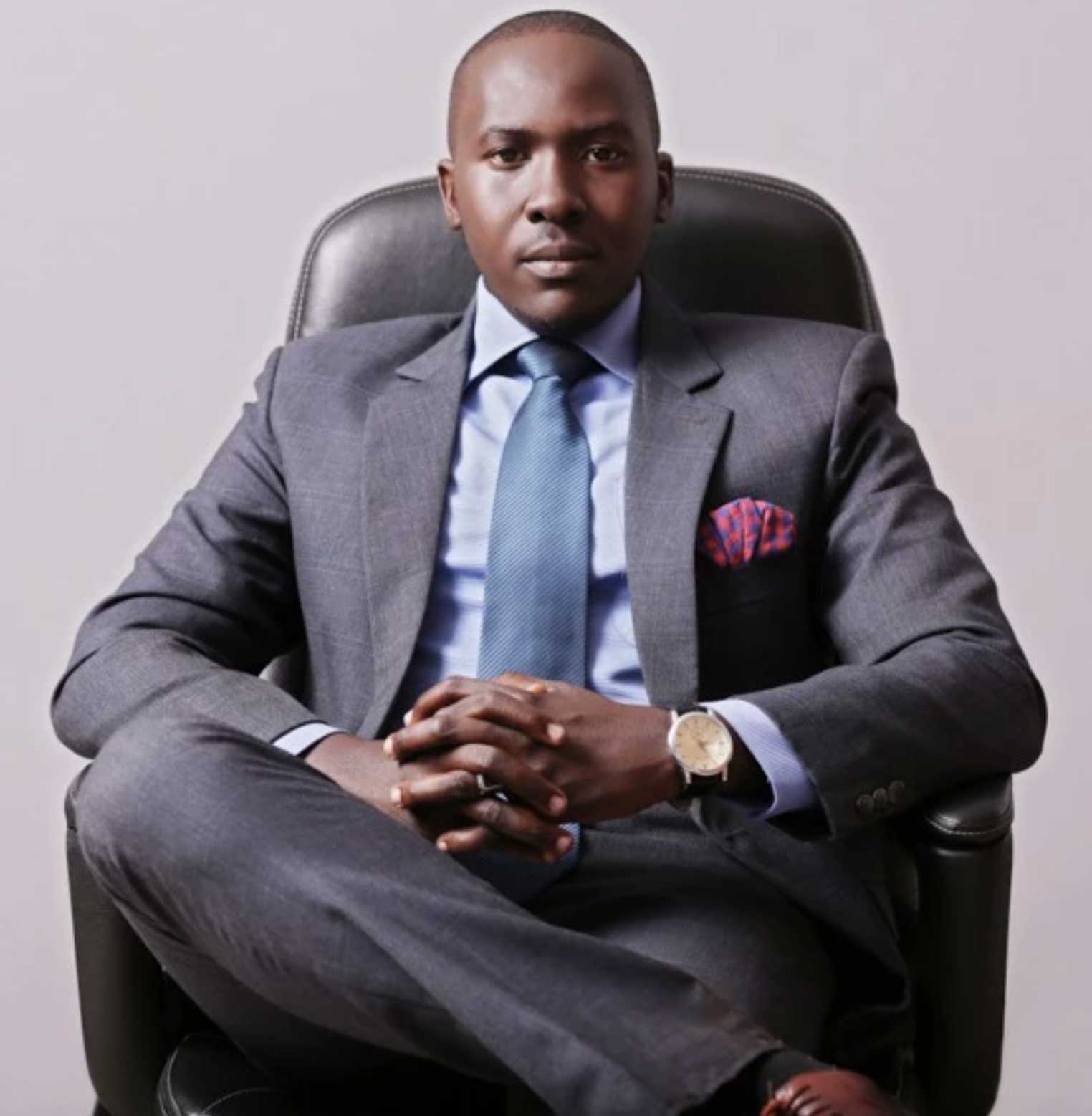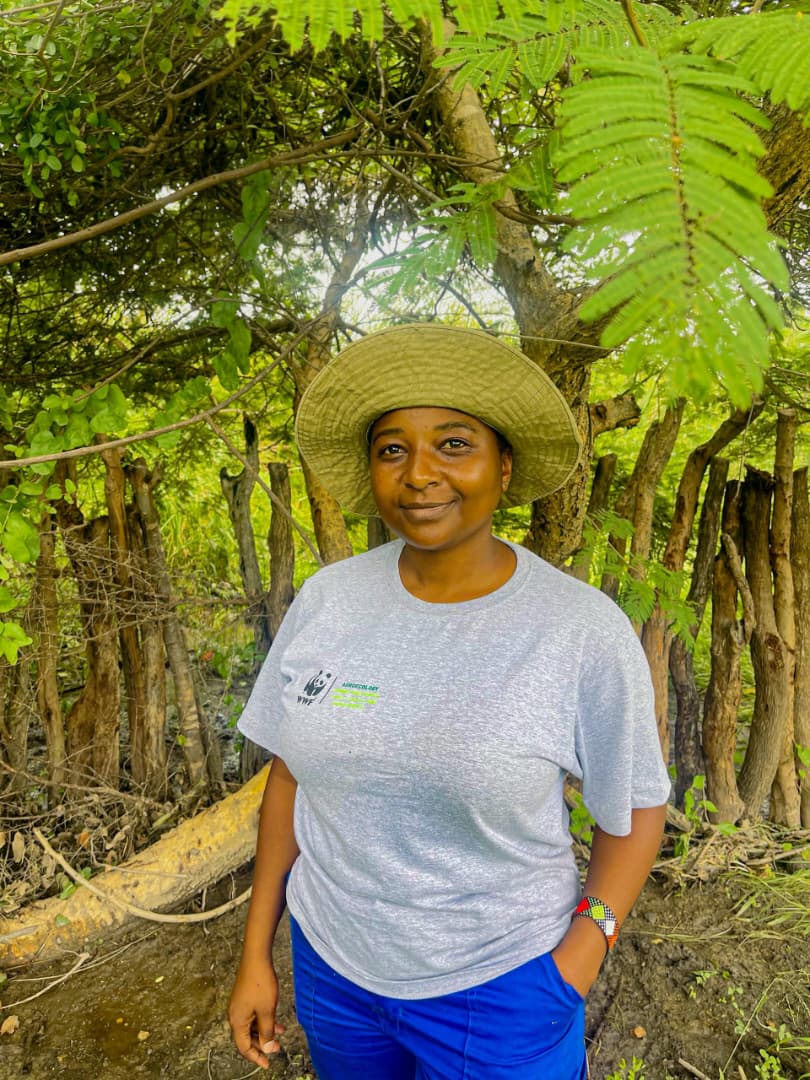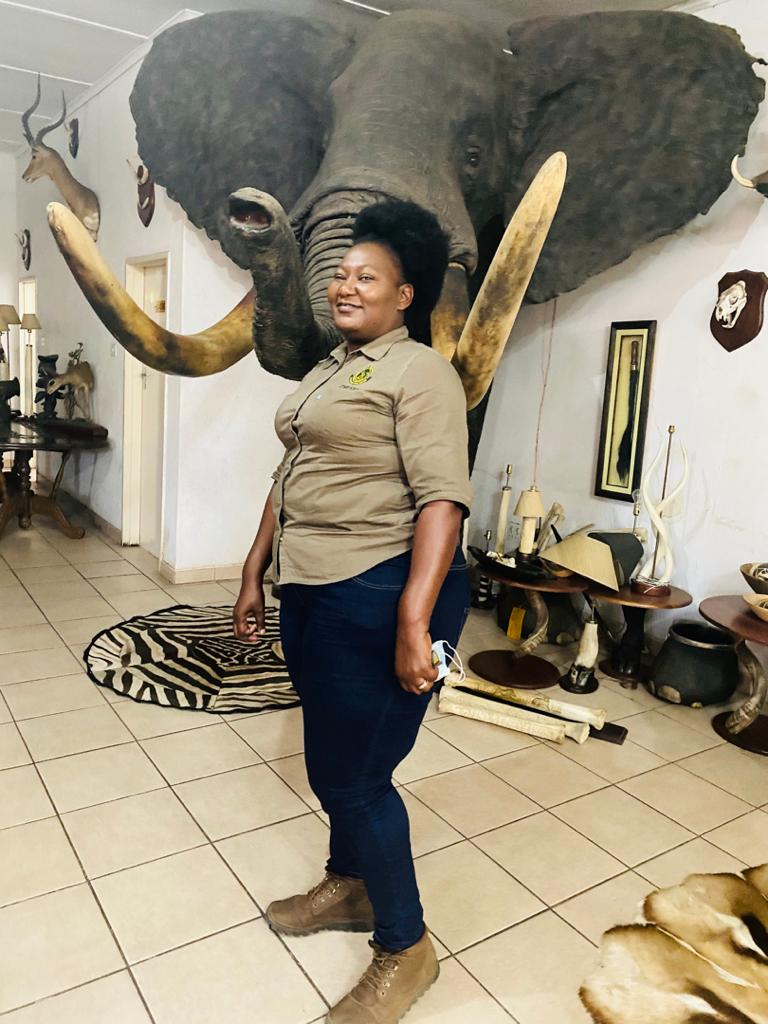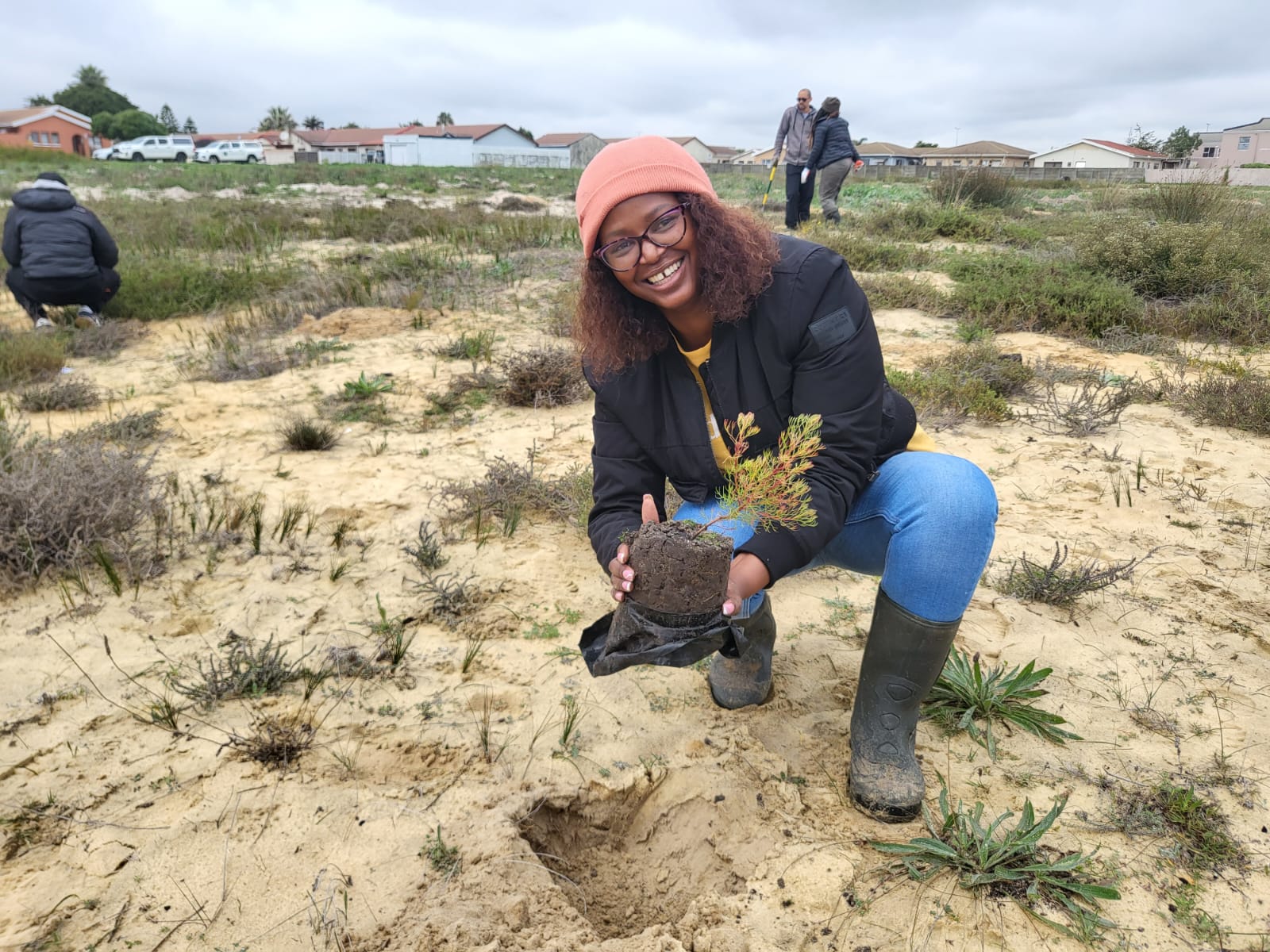If you keep on meeting your enemies you are going in the right direction
When asked to describe himself, Brian Barasa has three words: adventurous, observant and patient. The 29-year-old co-founder of Naiccon, founder of Bars W Bespoke Tailoring and Head of Business Development for Pro Gaming Series (PSG) exudes the quiet confidence of a man beyond his years- a man who knows exactly where he is headed.
He talks to Damaris Agweyu about his well-laid plans to disrupt the entertainment scene in Nairobi through his passion.

Gaming is huge eh?
And we’re only just getting started. We have entire generations of people who have grown up with gaming and as new technologies emerge, the numbers will explode. Worldwide, the gaming and e-sports industry is currently worth over 100 billion dollars; it’s even bigger than the music industry.
And yet the mention of words like ‘gaming’ and ‘e-sports’ invoke mixed reactions in people- many don’t understand or attach any seriousness to it.
That’s true. One time I heard someone asking how anyone in their right minds can show people playing video games on a sports network, he simply didn’t understand the logic. He was given one of the most profound answers I ever heard, he was told, “You don’t have to understand it- it is here.”
That's a great answer.
And I echo it. When Mpesa came, who understood it? Gaming is a disruptive technology, whether it’s understood or not isn't the issue- it’s how Gen Zers are consuming content right now- you can’t fight it- you’d rather align with it.
I along with many other people reading this have a Gen Zer or two in our homes- how do we align?
My advice would be: try and see it from their point of view. If it's gaming they want, they are most likely going to get involved in some way. You might as well start to understand it better and support them on their journeys, take them to tournaments. It’s the same thing that soccer mums do- take them for practice, try and understand what games they are playing, get involved; you will learn something about them that you didn’t know. They could build a career from it.
Now that’s what's baffling. How does one make a career from gaming?
The very same way one makes a career from traditional sports. Jobs of the future are unconventional and e-sports is one of them. It’s Ok to be a lawyer, a doctor or an engineer but there are so many other sources of income and while we might say that technology is replacing old jobs, we should also recognise that it's creating a lot of new ones.
And careers are not just the for gamers alone- it is said that those who can do those who can’t teach- there’s a whole ecosystem around the industry: production, social media, coaches, analysts, commentators and you know commentators are some of the most highly paid individuals when it comes to the sports industry.
Today, big names in the traditional sports industry such as Le Bron James, Shaquille O’Neal and Rick Fox are heavily invested in e-sports companies.
How does the industry work exactly?
Think of the way football clubs are run, it’s a similar concept. With e-sports, an investor can put up a mansion with state of the art facilities, gym equipment, trainers, a chef and have his team stay there. They have a timetable where mornings are spent on physical workouts, lunch prepared at 1 then playing begins from say 2-7 pm. This is practice-time.
The gamers perfect their skills the same way traditional athletes will train to perfect their skills- then in the evening they might have a night out. They are showered with all kinds of perks and if they don’t perform during the tournaments, they are dropped.
Sounds a lot like the life of a pro athlete.
It’s exactly like the life of a pro athlete. The biggest name in the industry right now is a guy called Ninja, he earns about 18 million dollars a year.
Is he signed onto a team?
No, he plays alone. He gets about 2 million dollars from his live streaming sites on YouTube and Twitch where guys watch him play, then he has huge endorsement deals with brands like Redbull, Uber eats and Budweiser, then there is prize money he gets from tournaments where he wins. I mean these are guys who will wake up and decide to buy a Rolls Royce on a whim - that’s how serious the industry is.
Is that why you got into it, the potential to make this kind of money?
No. I got into it because I am a gamer. Always have been and always will be. I used to play with my dad when I was a kid but as I grew older, my parents expected me to stop; I never did. I also never stopped watching cartoons— my parents didn’t understand it. One of my biggest validations came in 2002 when Kijana Wamalwa became the vice president and admitted to watching Tom and Jerry.
Take me through the journey on how Naiccon came to be.
Imagine growing up fixated on comic books, games and animations and then you hear of this event that is held in New York called comic con; it brings together people who make up this world that you are obsessed with; your biggest dream is to attend. But you are young, you don’t have the money and your parents won’t give it to you because to them it’s a waste of time. You know in your heart that you will always be a part of this subculture that exists miles away. That was me. But as my dream seemed too far-fetched I thought if I can’t go to comic con, why not bring comic con here where I and others like me can also experience it- it was with that thought that together with a pal of mine, we birthed Naiccon.
That must have been groundbreaking.
The concept of Naiccon, yes, but gaming in itself had been in existence for a while in Kenya. Homeboys used to run tournaments during school holidays- they called it the PlayStation challenge- when I was still in primary school, we would go to their offices, play and then the winner would get about 5000 shillings.
Fast forward to high school and people started bringing more gaming gear in the country. We would be charged 5 bob for every 30 minutes to play in a simple room. As time went by, more money was invested in the industry and gaming parlours were born- people put millions of shillings into setting them up.
There is one parlour with thirty-two 60 inch screens and it is always full. The owner runs tournaments on Saturdays. Entrance fee ranges from 500- 1500 shillings and the winner takes prize money of 100,000 to 200,000 shillings. These parlours gave momentum to the industry in Kenya.
Now we want to bring it to an international level. We have to look for the right partners in terms of setups, production, infrastructure and of course prize money- if its world-class setups with world-class games then we also need world-class prizes and that’s why for the first one we had a 1 million shilling prize pool.
1 million in prize money?
Yes. People were shocked. They didn’t believe we would actually give out all that money in one event, it was staggered among the top ten players- the first place winner got 500,000, second place 200,000 and the rest was distributed among the other 8 players with the least getting 25,000. Our second tournament had a prize pool of 1.5 million.
And this money is coming from where exactly?
Initially, it was out of pocket. We needed to jump-start the industry so we made the sacrifices- you know you sell a kidney here and a lung there (laughs). Ideally, its corporates that sponsor these types of events but the first time is always hard to get people on board- corporates tend to adopt a wait and see attitude. As at now, we have had some sponsors come on board and one of our partners, Liquid Telecom has come in very strongly. They see the value of gaming.
Which to them is…
It pushes internet uptake. There is nothing as annoying to a gamer as slow internet, you can’t pause an online game your internet needs to be on point. Liquid Telecom knows if your internet can run games, it can run anything. They have been very supportive in Kenya and the rest of Africa.
Seeing more of our stories being told by our own people validates our existence.
Brian Barasa
What did you study at university again?
Tourism management.
By choice or default?
By choice. The idea of being confined to an office has never appealed to me and I have serious wanderlust so I figured I would combine 2 things in my career- one thing I love which is travelling and the opposite of one thing I don’t like which is sitting in an office all day.
But it’s a far cry from gaming.
Not really, I am using it in managing my events. One of my units was meetings and conventions management which is a fancy name for events- tourism is seasonal, meetings are not. The idea was, upon clearing campus, I would get into events to subside the months when tourism wasn’t good so I started working at KICC.
But before that, I had tried my hand at team-building with a friend of mine- it was tough. I had no salary and was surviving on commissions and I was fighting the perceptions of people who thought team building is going out for Nyama Choma with the company.
I was also getting pressure from my parents to get a job so I gave in and got the KICC job. That’s when I got into meetings and events. I did this for 2 years then partnered with my friend Thomas Imboywa, who had an events company- we looked at the spaces at KICC, and thought: wouldn’t it be ideal to hold a comic con at this venue? And how come there is no comic con in Kenya? It was at that point we decided to do it. Our first event was in 2014, it worked out.
It worked out means there was good attendance?
Yes, we had about 300 people.
That is a successful event.
Yes but even just the fact that it happened was success enough, the good attendance was the cherry on top. Our next one was six months later at Sarit Centre and had 3000 people in attendance.
We kept on doing it bi-annually and with every edition, we challenged ourselves to get better, we started to grow- we would get calls from people wanting to know when the next one was, we had people wanting to launch their comic books, animations, games…it was very humbling. Even though we weren’t making money, it gave us the strength to keep going because now we could see the value we were giving; people were using it as a platform to grow their careers- before that, creatives were used to working in their own little sandboxes- but now here we were creating life-changing collaborations.
There was one great writer who launched a comic book called Shadow Walkers early this year, he focuses on fiction based on African mythology, his aim is to tell African stories using an African voice- he met this comic book creator at Naiccon where they collaborated and came up with a comic. It’s things like these, seeing more of our stories being told by our own people, that validate our existence.
And you’re constantly upping your game from the looks of it.
For sure. Over the past 4 years, we have introduced so many new aspects, we have partnered with one of the worlds biggest animation schools to give masterclasses, we have enabled people to pitch to some of the world’s leading content buyers: think cartoon network, Disney, Pixar, Nickelodeon; we have gotten tickets for people to attend the Comicon event in New York. We are always looking at it from the point of a fan because we are also fans. We ask: If this happened this year what would I want to see next year?
And what will you want to see next year?
Hopefully, we will get someone from Hollywood to come over.
Who do you have your eye on?
We’re thinking Stan Lee but well, he can’t travel so we might have to settle for someone else.
How does PSG come into all this?
We started out with Dennis Waita who had the same passion for e-sports as we did, he reached out to us after a Naiccon event and we agreed on a partnership and held our first tournament in December 2017. It was just to test the ground and earn bragging rights, there was no prize pool. It attracted 32 players and 150 spectators. The next one would have a prize pool- corporates were still not forthcoming so from our own wallets we funded that, the prize pool was 1 million shillings and we had guys coming from Zambia and Uganda. The Zambian team won and collectively took home 600,000 shillings.
Aw man, where were the Kenyans?
They were there, but it was good that Zambians won- that way the tournament would appeal to other Africans- in fact, the next one we did was FIFA and this time the Tanzanians were represented, we gave out 1.5 million for that.
Do you make this money back?
Some of it. We are under no illusion that returns will be immediate or quick; we are laying the groundwork. On our first 3 Naiccon events we made loses and only broke even on the fourth event and that’s ok, we are growing a brand.
You don’t lose hope?
You can’t lose hope- if you understand your market and know where you are going then you just keep going. Look at the music industry in Kenya, less than 20 years no one was making money but right now people are making serious money from endorsements and concerts. Those days a normal gig would be about 50,000 to 100,000 shillings and a really good one was maybe 300,000 but today, the basic rate is 400,000- there are musicians getting 1 million shillings for a performance; same thing for us, we see this is an industry that’s going to grow and we are in it for the long haul. Gen-zers are into tech and mobile and that’s who we are targeting.
Now those are some of the things that make Gen Zer parents nervous, so here’s a question: Is gaming addictive?
Many things done without moderation can become addictive.
Does Gaming make you asocial?
If anything it makes people more social- with online games you are playing people from all over the world, you want to make connections, meet them. Before the internet of things it may have been antisocial but today it's very social and with PSG we are trying to socialize gaming even more. We want to bring it to malls, cinema halls, places where people can meet. Gamers crave community. And we want to bring in spectators so that ultimately these gamers can also be known, just like other sports stars. And now I have a question for you: Name one Kenyan footballer you know.
The one who does the Betin ad, Macdonald Mariga.
Ok. Now name any e-sports player you know.
I know not a single one.
Exactly and that’s what we want to change- we want to bring these guys into the limelight, get them endorsements just the way Mariga has with Betin.

A previous PSG event that was held at Prestige Cinema
In Kenya, how much is the industry worth?
In 2017, it was a 4.4 billion shilling industry in Kenya. I won’t be surprised if we are at 10 billion by next year.
Mobile gaming alone will be worth about 50 billion shillings by 2020. This continent has the fastest growing mobile phone market in the world and this is where a huge, untapped video gaming potential lies. In Kenya, our smartphone penetration is at 80% smart, we have good internet infrastructure, it's bound to grow.
We want to be the home of gaming in Africa and we want to be noticed- other continents don’t take us seriously. There’s a game called League of legends where they were having tournaments and every continent had a colour code, Africa was black- like there is nothing happening in Africa but that’s not the truth, guys are playing, we have a league of legends community in Kenya, Zambia and South Africa- there are always online tournaments.
Even in gaming, we’re ignored?
They don’t see that we have hit enough critical mass to bring something here. The only guys who have tried are ESL, this is the biggest e-sports company in the world, they had a presence in South Africa but even then, their qualifiers were just in South Africa- and then they say they had an Africa qualifier. This is not true- they didn’t call Kenya, Zambia, Zimbabwe, Egypt, Sudan, Uganda, Ivory Coast, Ghana, Nigeria- these countries all have vibrant gaming communities. But we say Ok- you don’t want to do it with us, fine PSG is here, we will do it. And we will make so much noise that in future when they want to know what’s happening in the African gaming scene, they will have to come and knock on our door. We want PSG to be the ESL equivalent for Africa. And you know the beauty of it all? Our one huge advantage?
What’s that?
Africa is 19 years old. That is, the average age of an African is 19 and that is our target market.
Tell me about your other company, Bars W Bespoke Tailoring.
We make bespoke suits for men. Bars W is a play with my name Barasa Wafula. I needed something that would bring me income at a quicker rate than what Naiccon so I decided why not make men’s suits.
Why suits though?
I love suits. When I was working at KICC, I was always in suits but there was a problem with the ones I bought. I have really long arms and the challenge was if I wanted something that fit well it was on my arms short- if it fit my arms it was baggy on the rest of my body- talking to friends, I realized many had similar challenges, something is always off. So I came up with a solution that would also be my bread and butter.
Tell me you are a tailor too.
I’m not but I come from a family of tailors.
So how does it work?
I meet potential clients, discuss their needs, agree on a design, go through fabric swatches, take measurements and then talk delivery time- then I get the tailors I have contracted to do the job.
What impact would you want to have in the world?
I have a bias for men. I want to be able to leave a mark as a man because I think the idea of manhood is distorted. It’s not what our fathers embodied. I would want to mentor boys to men who embody the true values of manhood people who are respectful to women and take responsibility- today’s man is too selfish- it’s all about the car he drives, the women he sleeps with- but that’s not it.
It’s about leading by example and it even goes to dressing hence my suit businessmen are not dressing properly. Yes, these days I am more of a t-shirt and jeans guy but even then, I put a lot of thought into my outfit. We have been all about empowering the girl child but who are they going to meet? The men also need to be empowered.
Do you have a male mentor?
I became intentional about it recently. I sought out a man who I could walk under and learn from. But throughout my life, my dad taught me things, things like a man never comes to the house empty-handed. He would take time to go shopping for the family, this was not the preserve of my mother. He also taught me about my heritage- we drew a family tree together and left spots for my kids. My best friend’s dad has also had a great impact on me- the way he leads, how he spends time with his family…I would want that for myself.
Do you have a family of your own?
Not yet but I’m looking forward to it.
You strike me as someone who’s always been responsible.
I didn’t give my parents grief but I definitely had my fun when I was younger.
For more wisdom and insights from Brian Barasa, get your copy of Different Paths, One Journey HERE.





